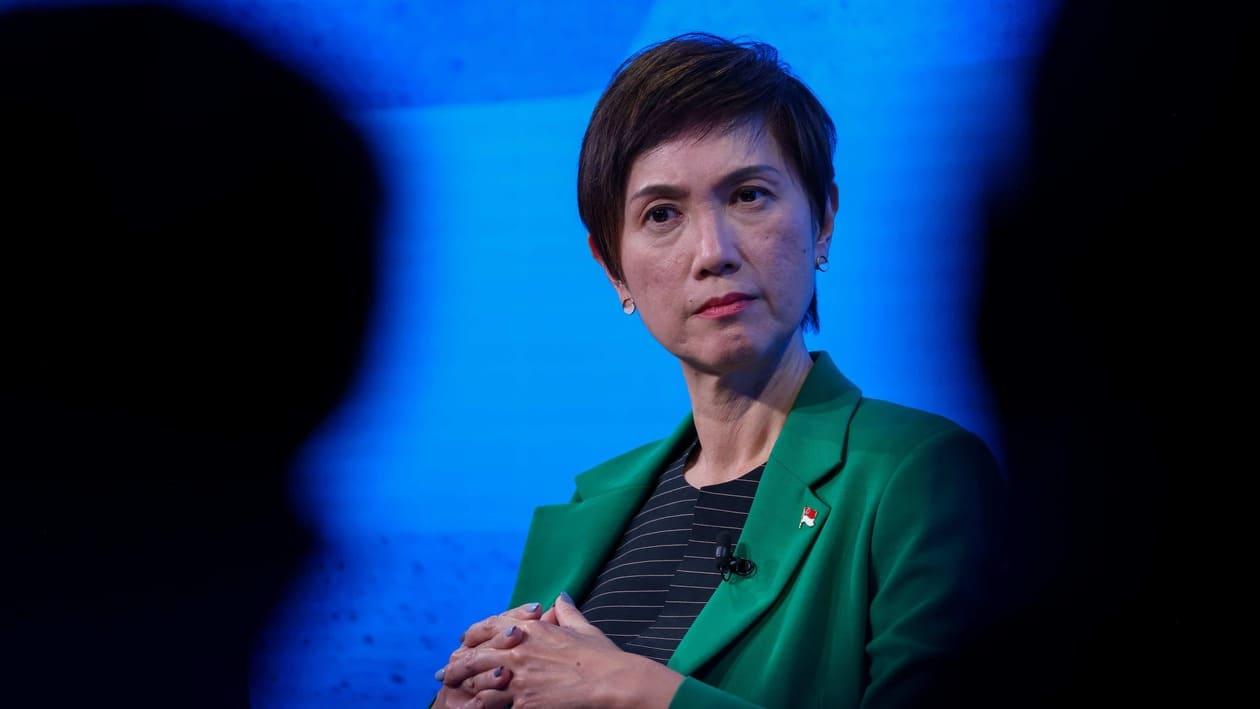(Bloomberg) Singapore sees its economy expanding at the lower end of its expected range this year as the war in Ukraine and sustained supply chain disruptions due to Covid-19 weigh on the outlook for the trade-reliant city-state.
While reiterating its earlier 3% to 5% growth expectations for 2022, the Ministry of Trade & Industry said Wednesday that “the external demand outlook for the Singapore economy has weakened compared to three months ago.”
Supply-chain tensions have risen amid Russia’s invasion of Ukraine and Covid-related lockdowns in China, exacerbating inflation and triggering a global march toward higher interest rates. Meanwhile, the reopening of the domestic economy and tighter labor market will pressure wages higher.
“The downside risks in the global economy remain significant,” Gabriel Lim, permanent secretary at the MTI, said in a briefing. He added that global supply disruptions are likely to persist throughout the year and “dampen GDP growth in some external economies by more than we have previously projected.”
Singapore’s core inflation gauge accelerated in April to its fastest in more than a decade, complicating the outlook for the Monetary Authority of Singapore, which tightened policy last month.
Edward Robinson, deputy managing director of the MAS, said at the same briefing that the central bank’s current policy is appropriate and that its previous three tightening moves will slow inflation momentum. However, he warned that monetary policy cannot be the only tool to tackle supply-side disruptions and that there’s a need to brace for market volatility as global financial conditions tighten.
The trade ministry on Wednesday also published final economic estimates for the first quarter, which showed year-on-year gross domestic product growth of 3.7%, compared with a prior estimate of a 3.4% and in line with a Bloomberg survey. The economy expanded 0.7% in the first quarter from the prior three months.
The view that full-year growth will come in at the lower end of the range “is realistic,” said Selena Ling, head of Treasury Research & Strategy at Oversea-Chinese Banking Corp. “The headwinds of supply chain disruptions, Ukraine conflict inflicting inflationary pain, and China’s inexorable slowdown still have no end in sight.”
Further first-quarter GDP details, year-on-year, from the MTI include:
- Manufacturing 7.1%, after 15.5% in the previous quarter
- Construction 2.1%, after 2.9%
- Services industries 4.2%, after 4.4%
